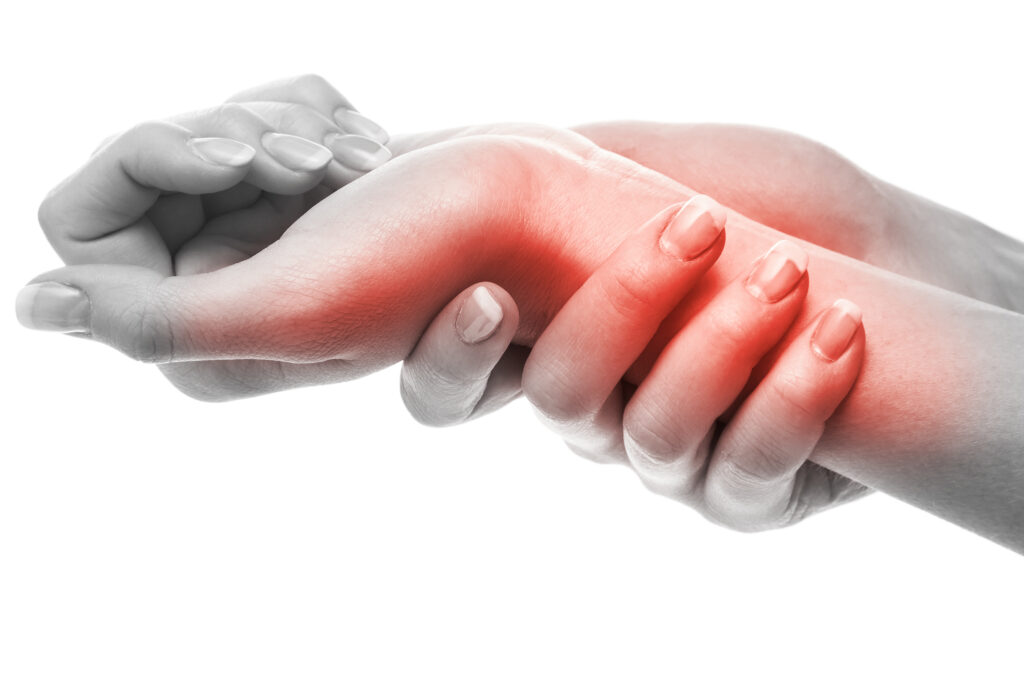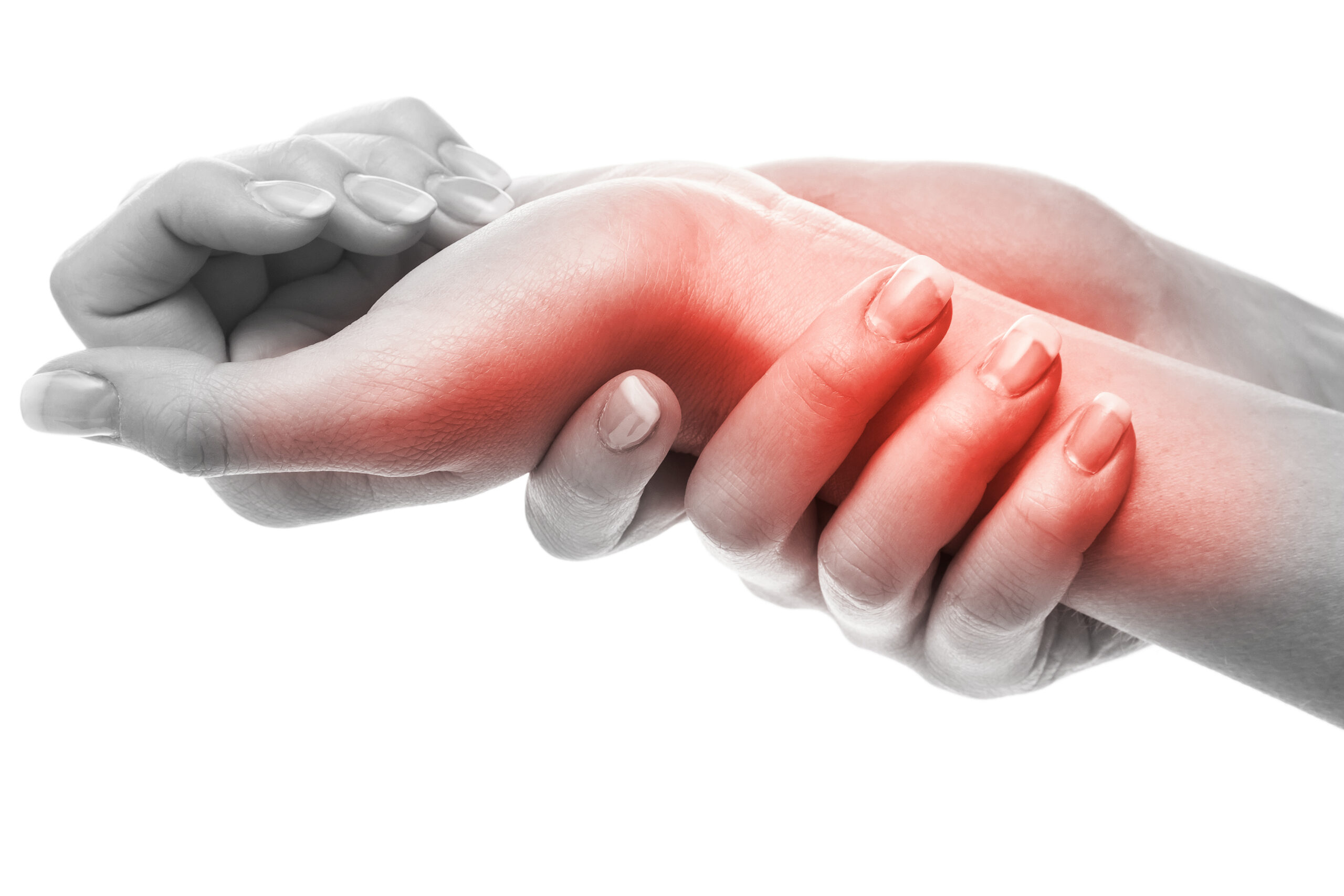
You get Rheumatoid Arthritis when the natural defenses of your body target the synovium of your joints. Even though you will feel most of the impact on your joints, inflammation may spread to other parts of your body as well. It is characterized by fatigue, pain, and inflammation as your cartilage breaks down. If you have the symptoms of rheumatoid arthritis, consider seeking the help of Dr. Jeffrey Miller.
What Are the Risk Factors of Rheumatoid Arthritis?
Even though anyone can get rheumatoid arthritis, certain factors increase your risk. They include:
- Family History
If members of your family have rheumatoid arthritis, you are likely to get it as well.
- Age
Although rheumatoid arthritis can affect people of any age, it is a common problem between the ages of 40 and 60. However, you should not assume that it is a normal part of the aging process.
- Obesity
Obesity is a risk factor for rheumatoid arthritis. If you are under 55 with extra weight, you are likely to get arthritis.
- Gender
Women are more likely to get rheumatoid arthritis than men. Women who have never been pregnant or recently gave birth are likely to get rheumatoid arthritis.
- Smoking
If you are already at a high risk of getting rheumatoid arthritis, smoking could worsen it. If you already have the disease, smoking could make it more challenging to manage.
How to Prevent It
There are a few ways to reduce your likelihood of getting rheumatoid arthritis. They include:
- Stop Smoking
This is one of the most effective ways to ensure that you do not get rheumatoid arthritis. Smoking promotes faster joint damage. It is even worse when you are 55 or younger. If you have a smoking addiction, seek the help of a professional as soon as possible.
- Protect Your Gums
Taking care of your gums may help protect you from rheumatoid arthritis. Recent studies suggest that there is a link between periodontal disease and rheumatoid arthritis. Brush and floss regularly and schedule regular appointments with your dentist. If you suspect that you may have any gum problems, treat them as soon as possible.
- Stay Active
Regular exercise may reduce your risk of getting arthritis. Research suggests that staying active is one of the best things you can do for your joints. Exercise does not only improve your joint health but also improves your mental well-being. Do not start any exercise programs before consulting your doctor.
- Maintain a Healthy Weight
Obesity increases your risk of getting rheumatoid arthritis. If you are overweight, you may be putting too much stress on your joints. People with obesity or excess weight are likely to experience more pain and inflammation than those with a healthy weight.
If you have any questions about rheumatoid arthritis, consider seeking a doctor’s help as soon as possible. If you have a family history of rheumatoid arthritis, you should seek professional advice even when you don’t have any symptoms. Even though it is not possible to prevent the disease completely, you can reduce the risk factor.
